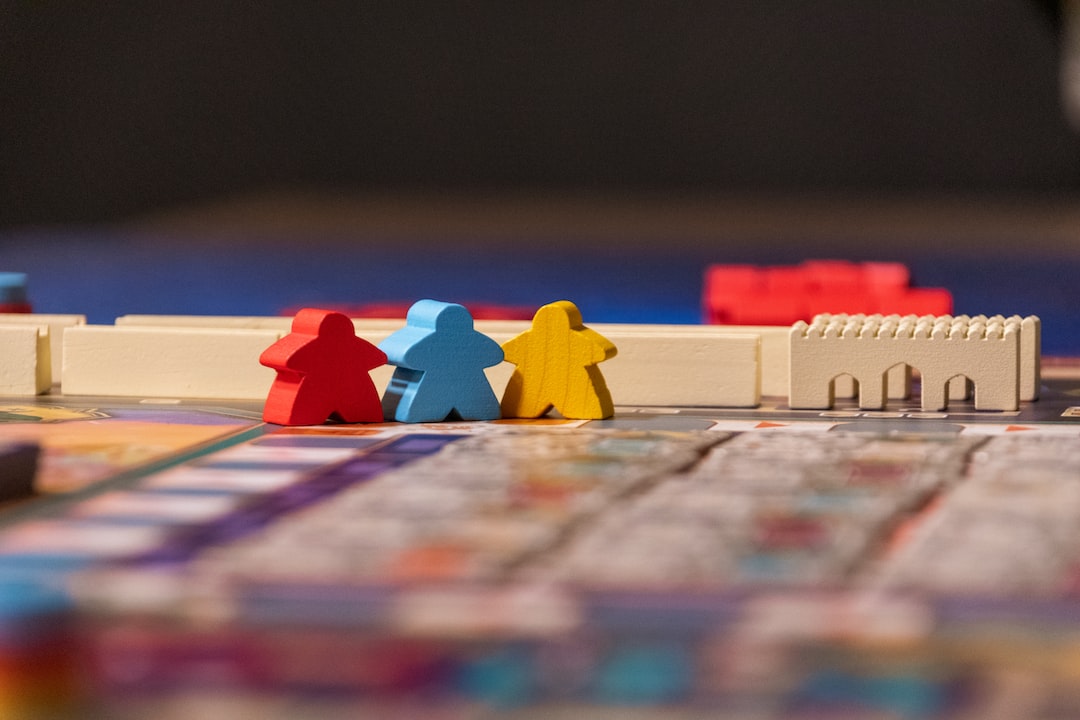In today’s digital age, video games have become a prominent form of entertainment, captivating millions of players worldwide. From capturing imaginary monsters to designing virtual cities, game developers have provided us with endless possibilities and immersive experiences. But have you ever wondered how these virtual worlds come to life? The answer lies in the science behind game development, specifically the role of coders in bringing these worlds to fruition.
At its core, game development is the process of creating a video game from concept to completion. It involves a team of professionals with diverse skill sets, including artists, designers, writers, and of course, coders. Coders, also known as programmers, are responsible for writing the code that governs the game’s functionality and behavior.
The first step in game development is designing the game’s mechanics and features. This is where coders play a crucial role in translating the designers’ vision into code. They write algorithms, the series of instructions that govern the game’s behavior, enabling everything from character movement to complex physics simulations.
One of the most fundamental concepts coders employ in game development is game physics. This field of study deals with simulating the laws of physics within a virtual environment. Coders write code to accurately represent gravity, friction, collision, and other physical forces. These equations allow for realistic movement and interaction between objects, enhancing the game’s immersion.
Another significant aspect of game development is artificial intelligence (AI). Coders create AI systems that control non-playable characters (NPCs) within the game. These characters need to behave intelligently, responding to the player’s actions and making decisions accordingly. Coders design algorithms that govern the behavior, decision-making, and pathfinding capabilities of NPCs, creating a more believable and challenging gaming experience.
The visuals of a game are another crucial element that coders are responsible for. Graphic rendering is the process of generating images or frames in real-time. Coders use sophisticated rendering techniques to create visually stunning and realistic graphics. They employ shaders, special programs that control how light interacts with objects, to achieve realistic lighting, shadows, and reflections. By optimizing the code, coders ensure that the game runs smoothly and efficiently, even on older hardware.
Additionally, coders are essential for implementing audio into games. They write code that allows for the integration of music, sound effects, and voice acting. This not only enhances the immersive experience but also adds emotional depth and atmosphere to the game.
Multiplayer functionality is another aspect of game development that relies heavily on coding. Whether it’s cooperative gameplay or competitive online matches, coders create the networking systems that allow players to connect and interact with each other in real-time. This involves designing protocols for data transmission, implementing matchmaking algorithms, and ensuring a smooth and lag-free experience.
Code optimization is a fundamental skill that every game developer needs. When creating a game, coders have to ensure that it runs efficiently on a variety of platforms, including consoles, PCs, and mobile devices. They need to analyze and optimize the code to minimize processing and memory usage, enabling a smooth gaming experience even on lower-end hardware.
Bug fixing and testing are also vital components of game development that coders are involved in. As games become more complex, bugs and glitches are inevitable. Coders work closely with quality assurance testers to identify and fix these issues. They meticulously analyze logs, isolate problematic code, and implement solutions to ensure a smooth and bug-free gaming experience.
In conclusion, the science behind game development relies heavily on the talent and expertise of coders. They are the ones responsible for bringing the virtual worlds to life, translating game design into functioning code. From physics simulations to AI systems, graphical rendering to networking, coders have a hand in every aspect of game development. So, the next time you embark on an adventure in a video game, take a moment to appreciate the incredible work of the talented coders who made it possible.

